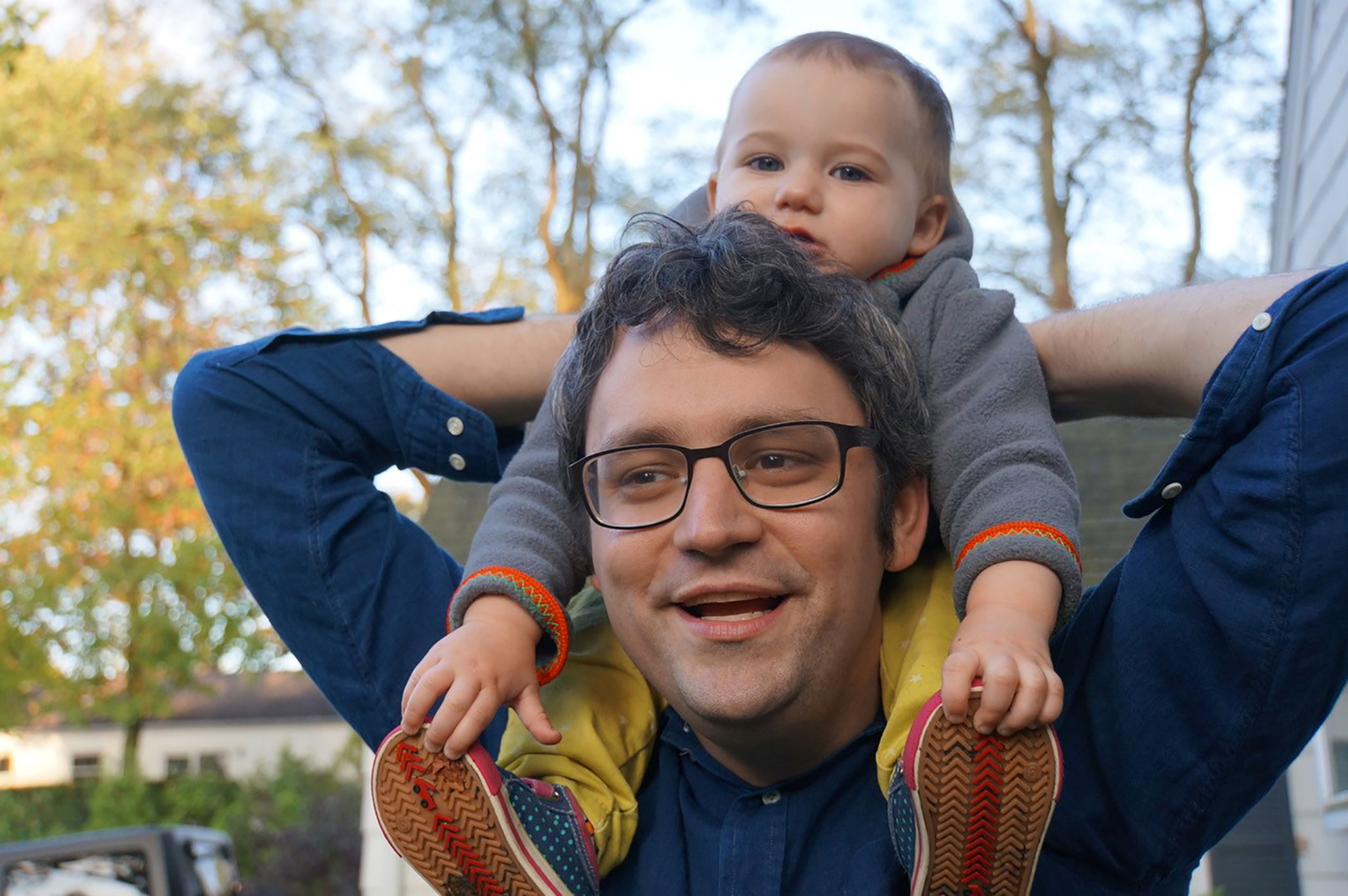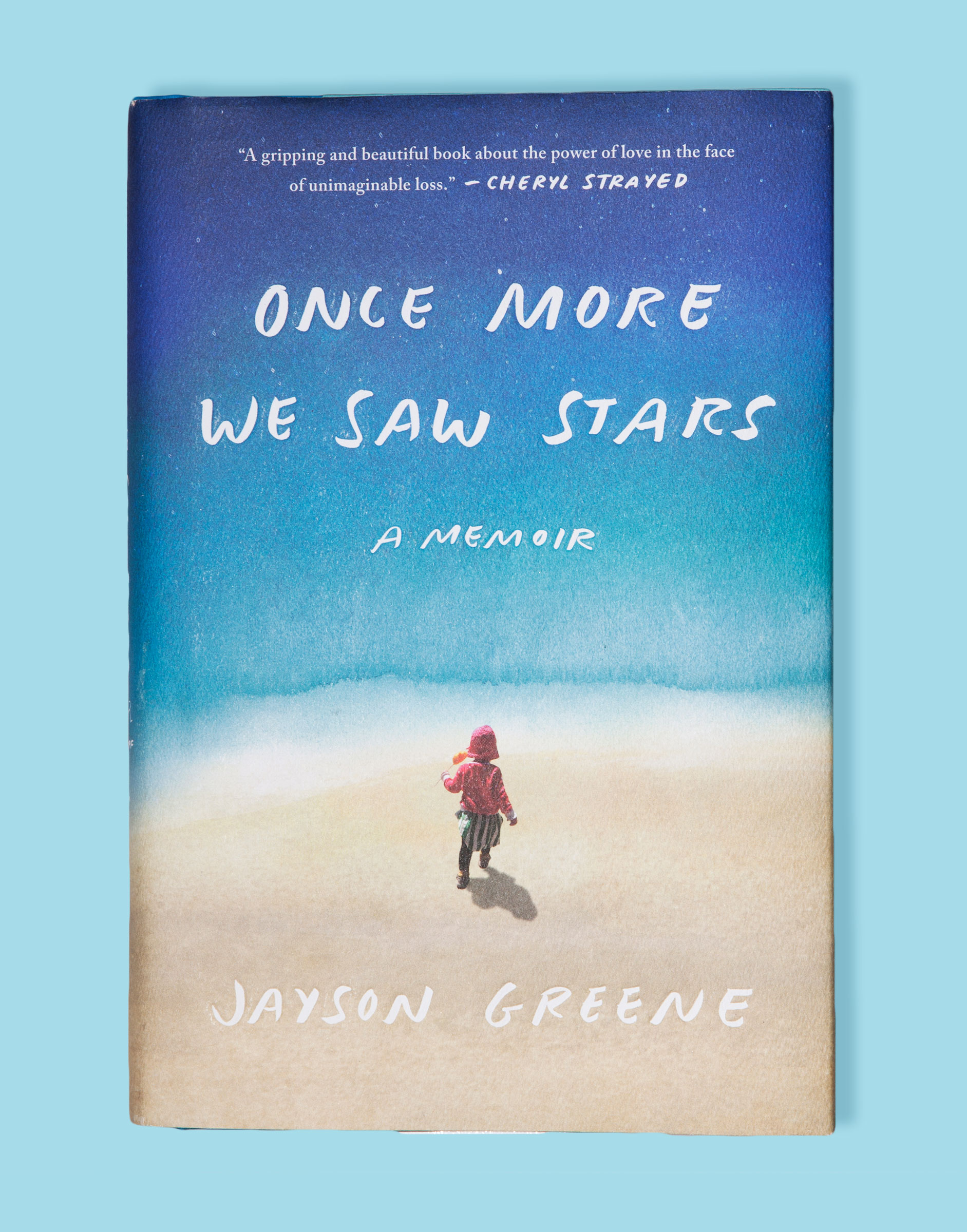
In 2015, 2-year-old Greta Greene was sitting on a bench with her grandmother when a brick fell from an eighth-floor windowsill and struck her head. She died the next day. Her father, journalist Jayson Greene, recounts the incident and its aftermath in an affecting new memoir, Once More We Saw Stars.
Greene pours his grief onto the page, rendering a portrait of a father who is fractured and at odds with a world in which his child is gone. He writes in harrowing emotional terms of the time he and his wife Stacy spent during Greta’s days in the hospital. But what sets the memoir apart is his ability to illuminate the mundane moments that become surreal in the midst of trauma and tragedy. His panicked drive with Stacy to see Greta in the emergency room is interrupted when they discover they’ve forgotten their toll pass. Later, Greene watches Stacy pick at sandwiches after they’ve been updated on their daughter’s grave condition. These are the details he cannot forget—the one he can’t recall years later is the image of Greta’s injury itself. “My mind either refuses to note it or has erased it,” he writes.

The nature of Greta’s death haunts Greene, as it would any parent, particularly as he reflects on the crumbling infrastructure of New York City. While he tries to make sense of an altered future, Greene is taunted by omnipresent signs of construction and destruction around him—the noise of a jackhammer mangling concrete, the overhead shadow of scaffolding, the sight of air-conditioning units jutting from windows. He conveys his anxieties in potent prose that propels his central question: How can a parent continue living when he is constantly reminded of his child’s death?
For Greene, the answer is, at first, to lean into the chaos of the city, screaming into empty spaces. The bigger challenge becomes learning how to grieve in private, as both parents navigate a different kind of sadness that comes as memories shift and fade. But even while the story of Greta’s death is irrefutably tragic, Once More We Saw Stars offers glimpses of humor, light and love amid the loss. As Greene and Stacy begin to pick up their lives without giving in to fear, they demonstrate that very human capacity to find strength in the face of the unthinkable.
More Must-Reads from TIME
- Cybersecurity Experts Are Sounding the Alarm on DOGE
- Meet the 2025 Women of the Year
- The Harsh Truth About Disability Inclusion
- Why Do More Young Adults Have Cancer?
- Colman Domingo Leads With Radical Love
- How to Get Better at Doing Things Alone
- Michelle Zauner Stares Down the Darkness
Write to Annabel Gutterman at annabel.gutterman@time.com